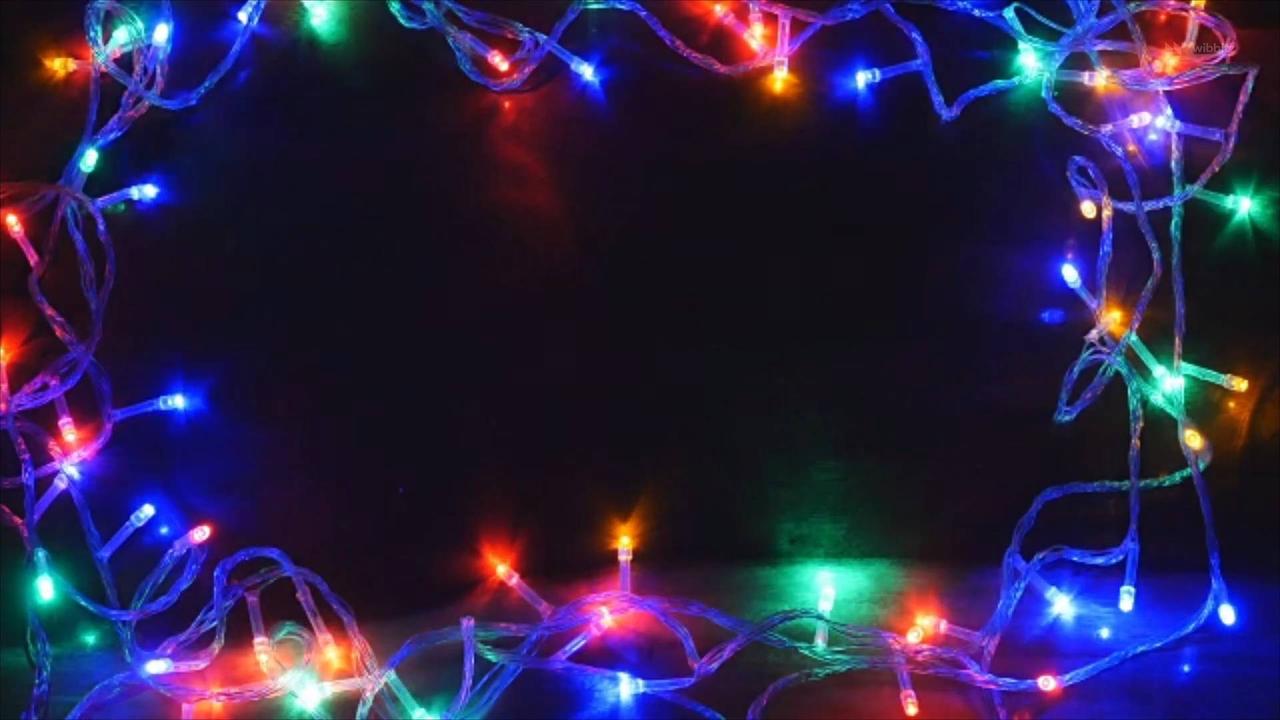Safety Tips for Hanging Christmas Lights

Safety Tips for Hanging Christmas Lights
Safety Tips, for Hanging Christmas Lights.
The Christmas tradition of hanging lights outside can be a fire hazard without taking the proper precautions.
.
'Newsweek' reports that each year, about 390 fires are caused by holiday trees and lights in the United States.
.
Those fires result in about 21 deaths and $25.2 million in property damage, according to the National Fire Protection Association.
.
Here are some tips from the U.S. National Park Service (NPS):.
Inspect lights before using them.
, Check for cracked bulbs, frayed cords or loose sockets.
Wires should never be warm to the touch.
Inspect lights before using them.
, Check for cracked bulbs, frayed cords or loose sockets.
Wires should never be warm to the touch.
Never overload electrical sockets.
, Don't chain together more than three mini-light strands or 50 screw-in bulbs.
.
Hang lights with clips rather than nails.
.
Use caution with extension cords.
, Don't run extension cords under carpet, across doorways, heaters or any high-traffic areas.
.
Use caution with extension cords.
, Don't run extension cords under carpet, across doorways, heaters or any high-traffic areas.
.
Check whether you have indoor or outdoor lights.
, According to the NPS, "Outdoor lights are UL/FM listed for cold and wet conditions and tend to burn hotter than indoor lights.".
Check whether you have indoor or outdoor lights.
, According to the NPS, "Outdoor lights are UL/FM listed for cold and wet conditions and tend to burn hotter than indoor lights.".
Indoor lights are cool enough to be used on the tree but are not designed for outdoor conditions.
Many newer strands are made for either, but verify the type of strand before use by looking at the tag near the plug, U.S. National Park Service, via 'Newsweek'.
Indoor lights are cool enough to be used on the tree but are not designed for outdoor conditions.
Many newer strands are made for either, but verify the type of strand before use by looking at the tag near the plug, U.S. National Park Service, via 'Newsweek'


![Cam Talks Working With Beyoncé on 'Cowboy Carter': "It Feels Unreal" | Grammys 2025 [Video]](https://video.newsserve.net/300/v/20250203/1400588242-Cam-Talks-Working-With-Beyoncé-on-Cowboy-Carter.jpg)
![Kate Middleton Reveals She is in Remission From Cancer: "It is a Relief" | THR News Video [Video]](https://video.newsserve.net/300/v/20250114/1398798394-Kate-Middleton-Reveals-She-is-in-Remission-From.jpg)